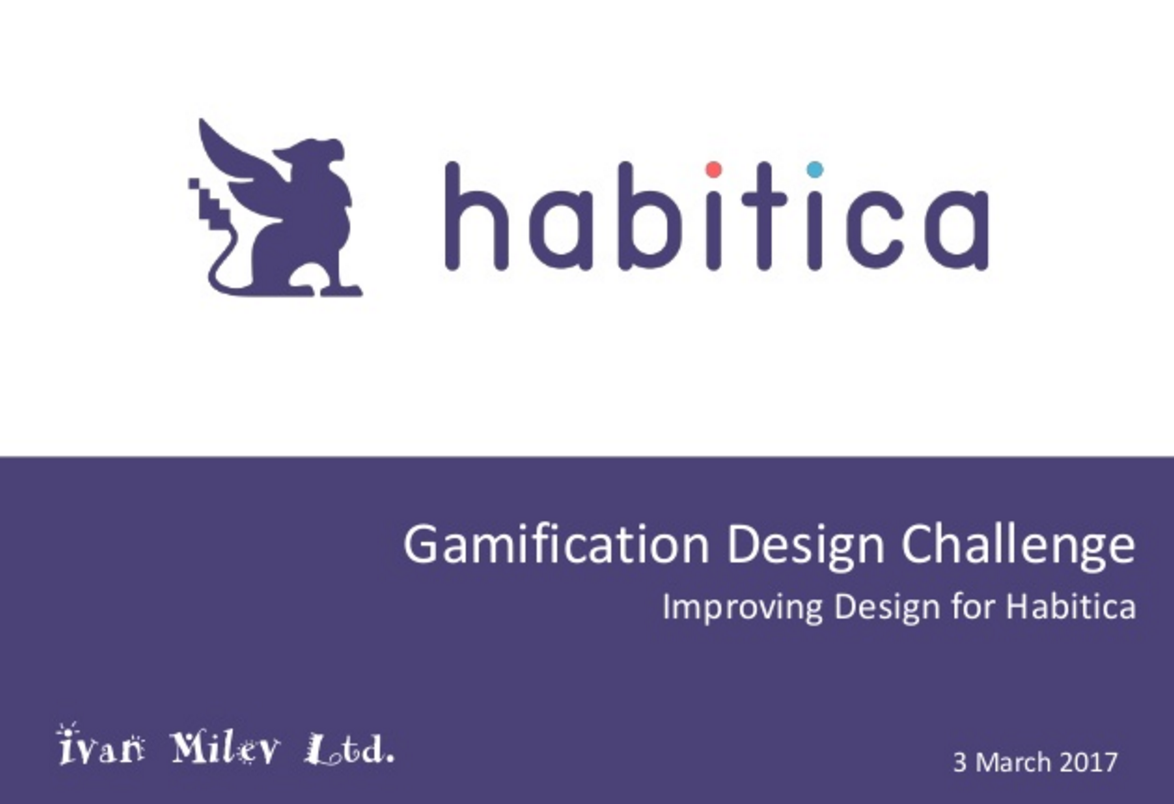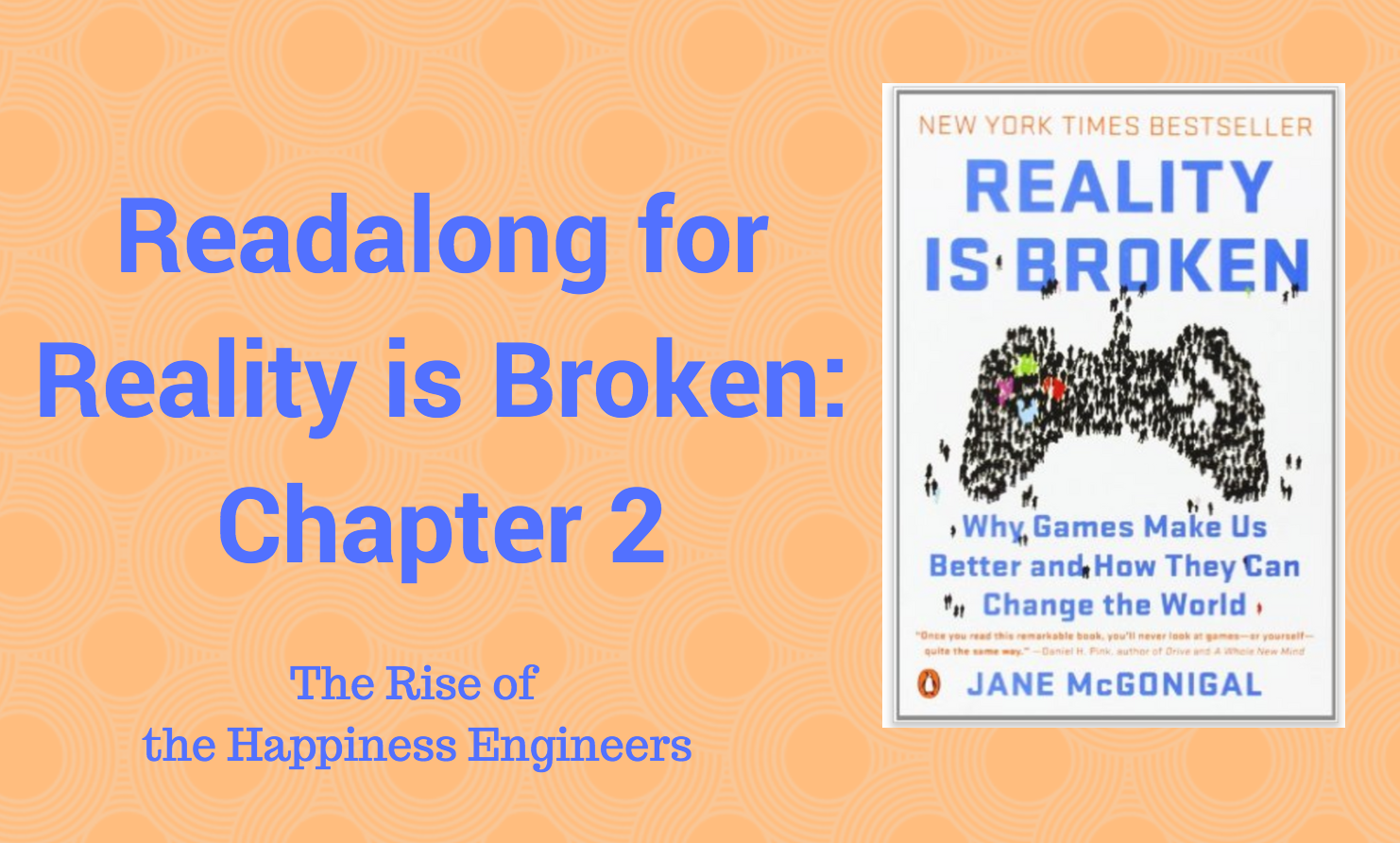This continues the Readalong by Erik van Mechelen of Jane McGonigal’s ‘Reality is Broken’ with insights from Yu-kai Chou’s Octalysis framework. For in-depth discussions of this book and others, join Octalysis Prime.
tl;dr Both serious and casual games bring blissful productivity, one key element of more satisfying work.
Summary
McGonigal explores research from the M.I.N.D. Lab and Nicole Lazzarro, Raph Koster, and and Randolph Nesse to investigate why failure, fun failure specifically keeps us playing games, and how its relationship to better odds of success actually improves our enjoyment of a game (both individually and with others) and gives us hope of better outcomes.
Analysis
This short chapter kicks off with game researcher Nicole Lazzaro’sfindings that gamers both spend more time failing than succeeding in games AND that they enjoy doing so.
If you examine your own experience, you’ll notice this to be true. When I was first learning to play Starcraft, I lost many of my games on Battlenet before mastering some build orders with Zerg which gave me a fighting chance. Same with Chewss and Go, which I am now just learning.
Super Monkey Ball 2 (which in 2005 was researched by Helsinki’s M.I.N.D. Lab was the focus of the specatcular failures of this action puzzle game. The finding was simple, when players are shown ‘agency’ in the failure to complete a puzzle (by sending the monkey spiinning into space), they feel ownership and control and the prospect of improving the seuquenece on the next effort feels achievable. The game can also draw a laugh, which doesn’t hurt.
I’ve played Super Monkey Ball 2 and can echo this feeling. My brothers and I had a lot of fun exchanging the controller when we fell off the map into outer space, laughing, and then laughing again when our brothers failed, too. We got a lot of CD5 collaboration from helping each other find ways through the obstacles and mazes.
The sense of difficulty matters. The documentary about solo game developers comes to mind, about Super Meat Boy, Indie Game, spends tieme delving into the game design which highlights spectacular failures but also teaches the player new skills in-game.
One other note to take away from Indie Game: The Movie, is that making games and motivationally powerful experiences is hard work. There is a reason great experience designers and game designers can get paid top dollar. But it is also a reminder to us, designers of at minimum our own lives, should give ourselves a break once in a while and realize that our lifestyle design efforts may have some bugs in them 🙂
Fix #4: Better Hope of Success
Compared with games, reality is hopeless. Games eliminate our fear of failure and improve our chances for success.
Even in games which eliminate progress on failure, the player can always still start the game over. This isn’t true in life, or is it?
Here again I must differ slightly in the delivery from McGonigal. While she does invoke Raph Koster’s concept of games being “fun as long as we haven’t master them,” I feel McGonigal is a bit to overt in her depiction of reality as a nearly insurmountable adversity.
Again, I should mention I’ve met McGonigal in person and she was wonderful to speak with. Also, let’s remember that this book, Reality is Broken is in its conclusions precisely about learning from games and applying their design strategies to the real world.
Next up, hope.
We all hope to if not flourish, then live up to our potential, to be our best self. Here I tend to align with McGonigal’s attention to Randoph Nesse’s research on the evolutionary origins of depression.
She jumps from this research to a claim that ‘today’s best games help us realistically believe in our chances for success.
Games like Rock Band and Guitar Hero are tough to master, and require allies like WoW raids to successfully complete songs.
Rock Band specifically gives players CD5 collaboration, CD2 sense of progress, and CD3 empowerment of creativity and feedback (“let me play the drums this time!”).
Again, I love that McGonigal discusses the 2008 study showing that among the 7,000 players in the study, 67% said they were likely to try learning an instrument. It is this merging between games and reality that is exciting. And it is the difficulty of mastery, the failing toward a goal, and the hope of success that prompted this movement.
What do you think?
Have you ever been inspired to do something in the real world because of a game?
How do you think of failure? Does it scare you? Deter you? Or do you embrace it?
What do you think?
Let me know in the comments or on Octalysis Prime‘s community (paywall).









